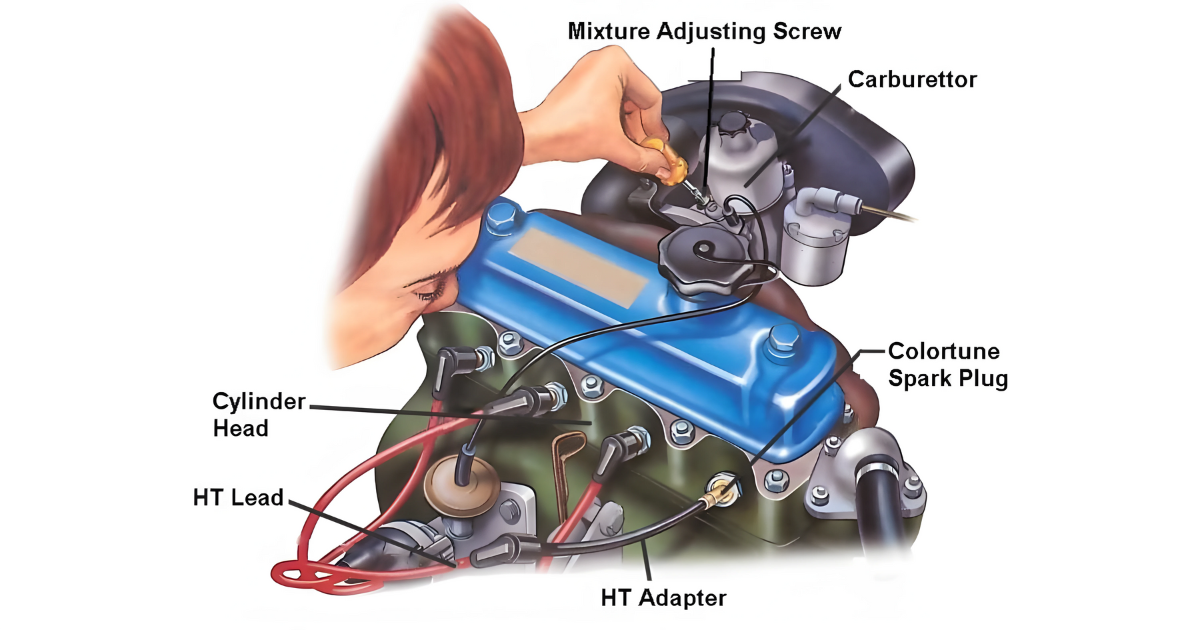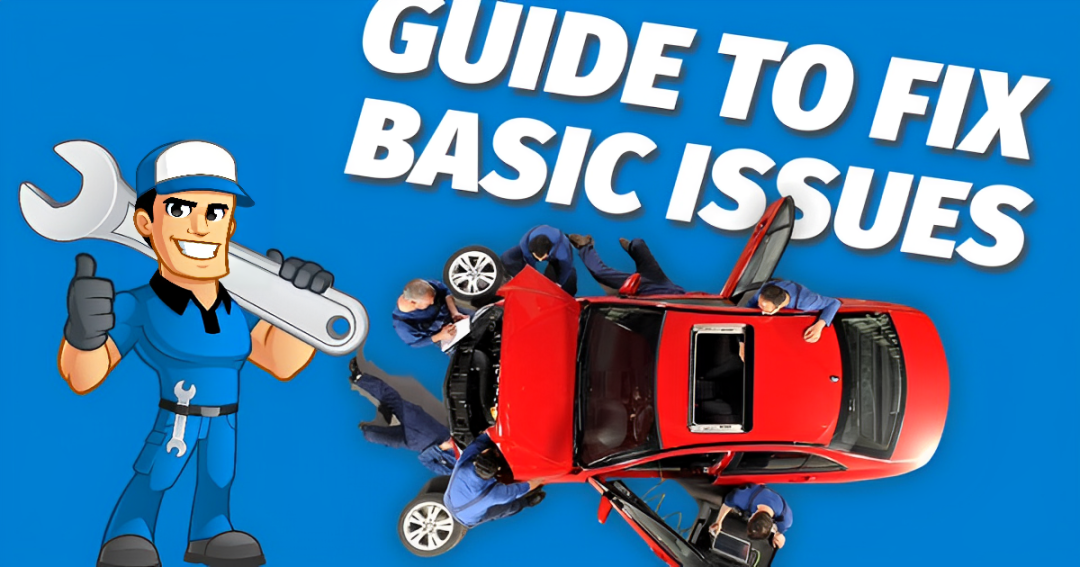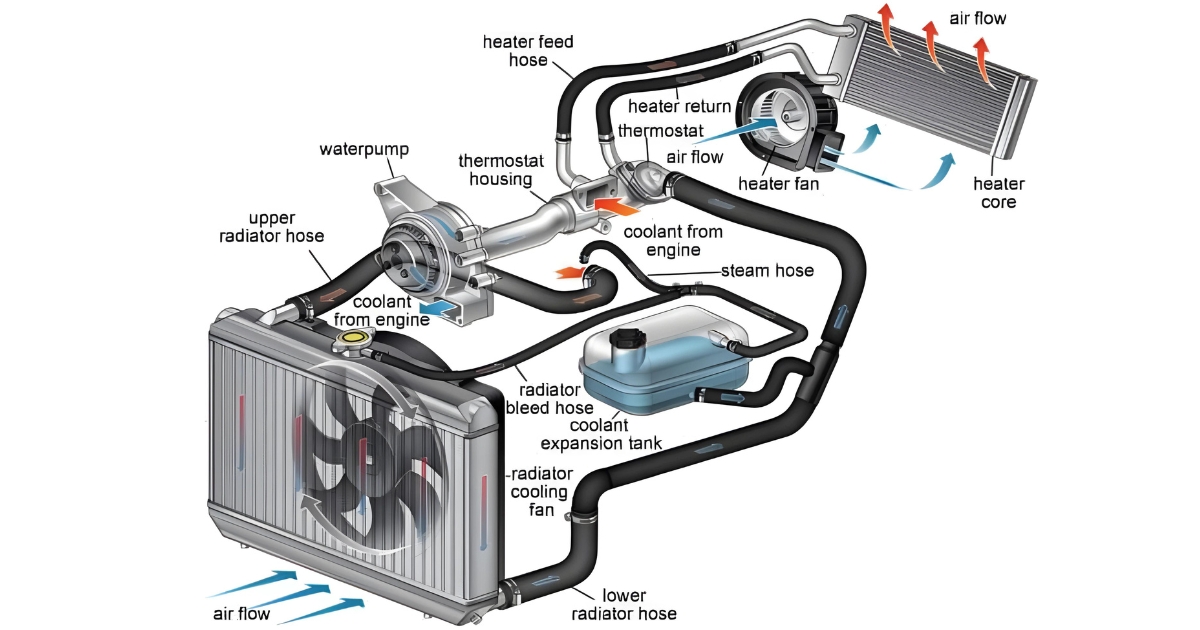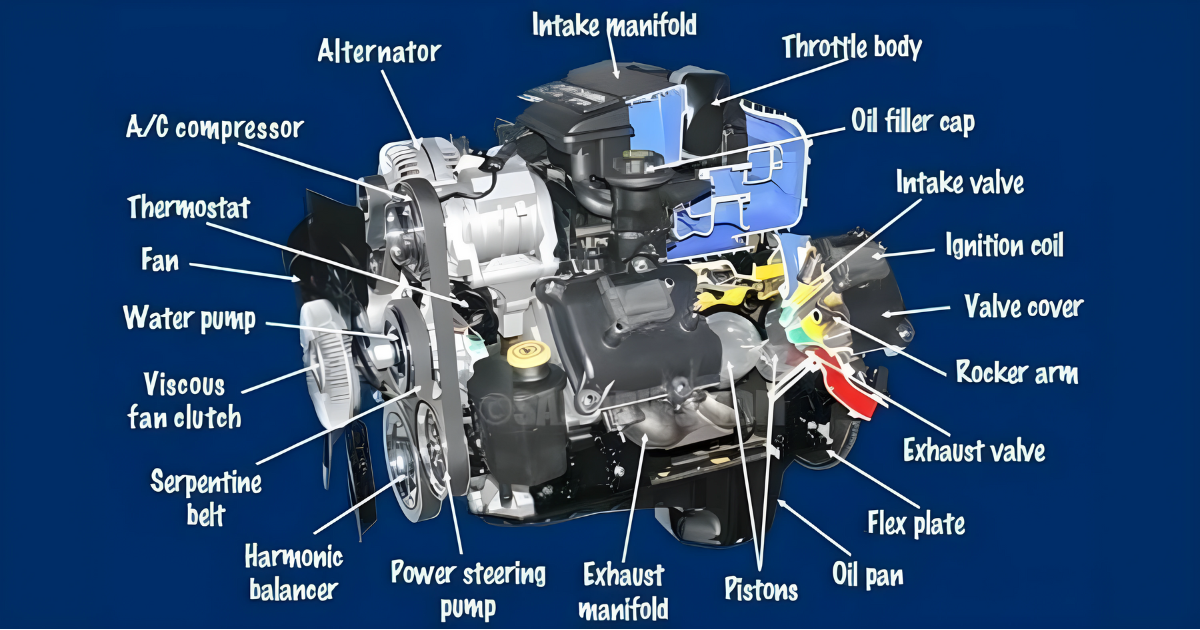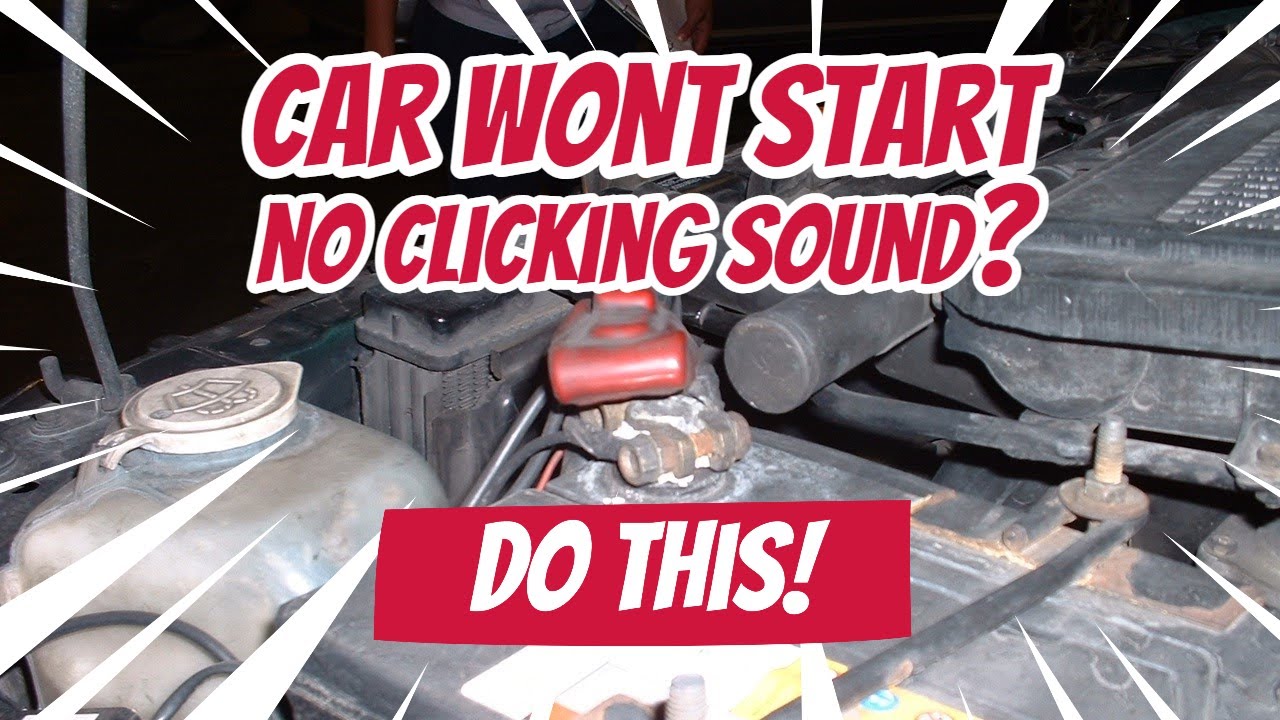The frustration of turning the key only to be met with silence is a scenario familiar to every car owner. When your car won’t start, it’s often due to engine tuning issues that require a bit of investigation and know-how to resolve.
Let’s explore common reasons why a car might refuse to start and provide insights on identifying and solving engine tuning problems.
Dead Battery
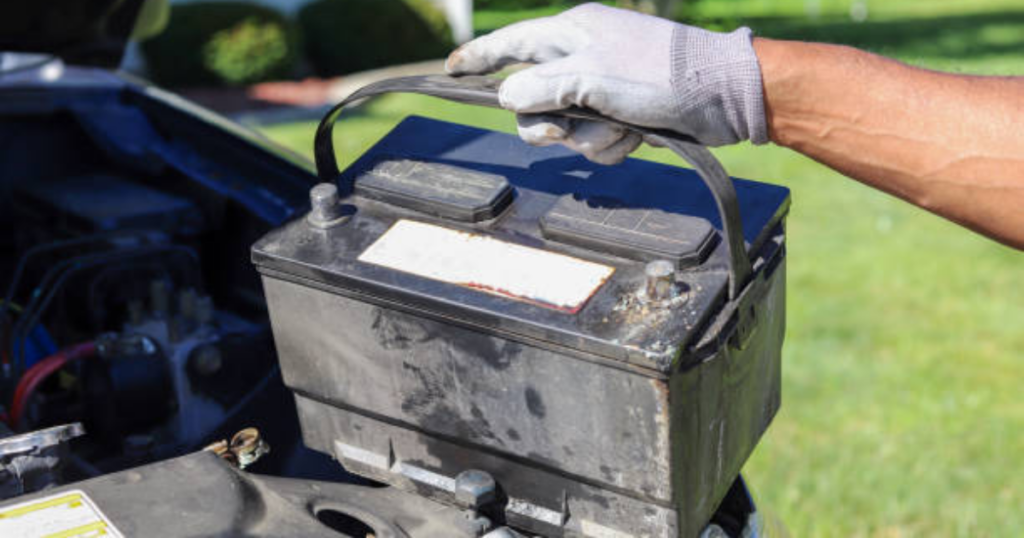
One of the most frequent culprits behind a non-starting car is a dead or weak battery. If the engine cranks slowly or not at all, the battery might be the issue. Check for corrosion on the battery terminals, ensure the connections are tight, and consider jump-starting or replacing the battery if necessary.
Ignition System
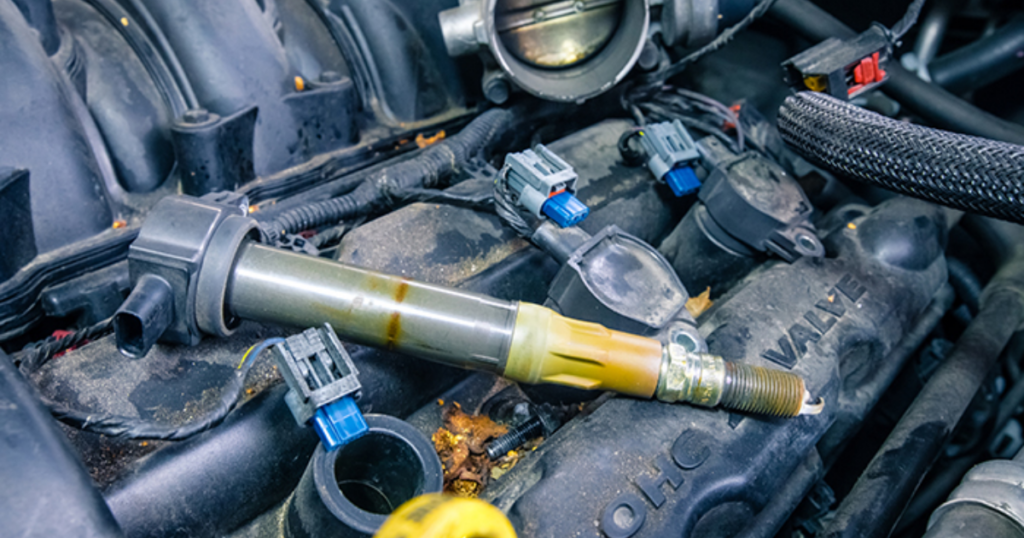
A malfunctioning ignition system can also lead to starting troubles. Check for a lack of spark by inspecting the spark plugs and ignition coils. Fouled or worn-out spark plugs can be a common cause, and a quick replacement might get your engine firing up again.
Fuel Delivery
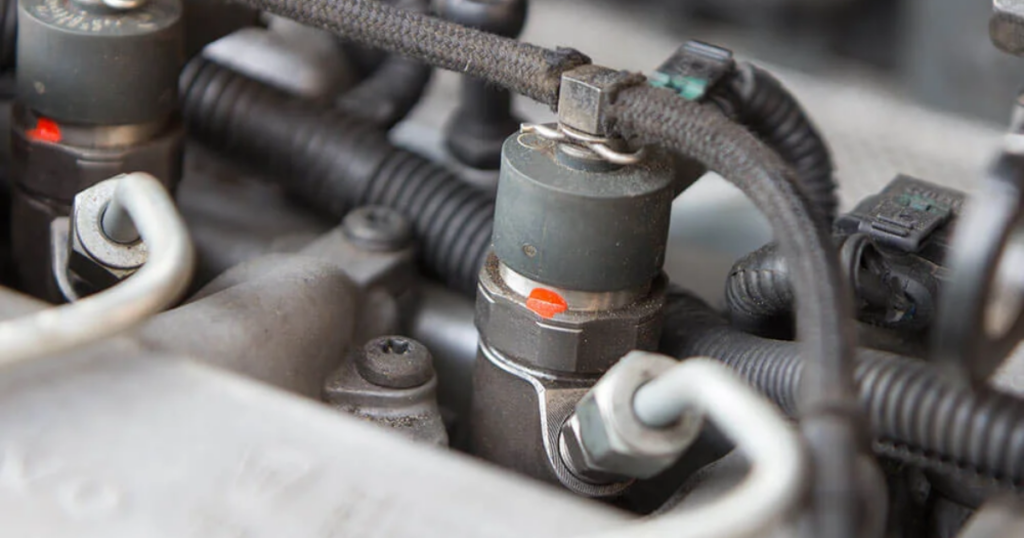
If the engine receives insufficient fuel, it won’t start. Check the fuel pump, fuel filter, and fuel injectors for potential issues. A clogged fuel filter or a failing fuel pump could disrupt fuel delivery to the engine. Replacing or repairing these components might be necessary to restore proper fuel flow.
Air Intake
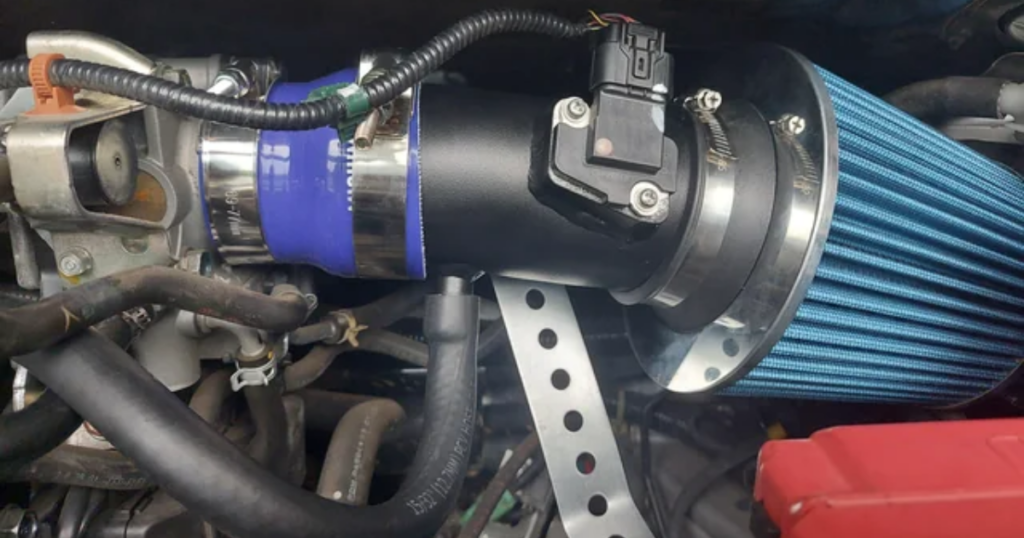
An engine needs a proper air-fuel mixture for combustion. Issues with the air intake system, such as a clogged air filter or a malfunctioning mass airflow sensor, can disrupt this balance. Regularly replacing the air filter and cleaning or replacing the mass airflow sensor can alleviate such problems.
Starter Motor

If you hear a clicking sound when you turn the key, the starter motor might be struggling. This could be due to a faulty starter motor, a solenoid issue, or even a problem with the ignition switch. Checking and, if necessary, replacing these components can remedy starting problems related to the starter.
Timing
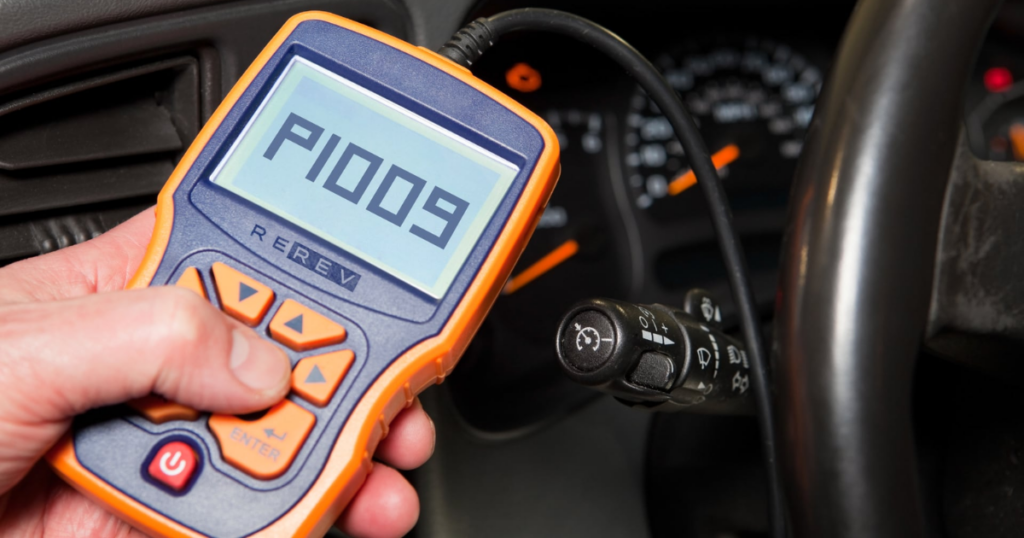
Incorrect timing can also prevent the engine from starting. Issues with the timing belt or chain can disrupt the synchronization of engine components. Regular maintenance, including timely replacement of the timing belt or chain, can prevent such problems.
Engine Control Unit (ECU)
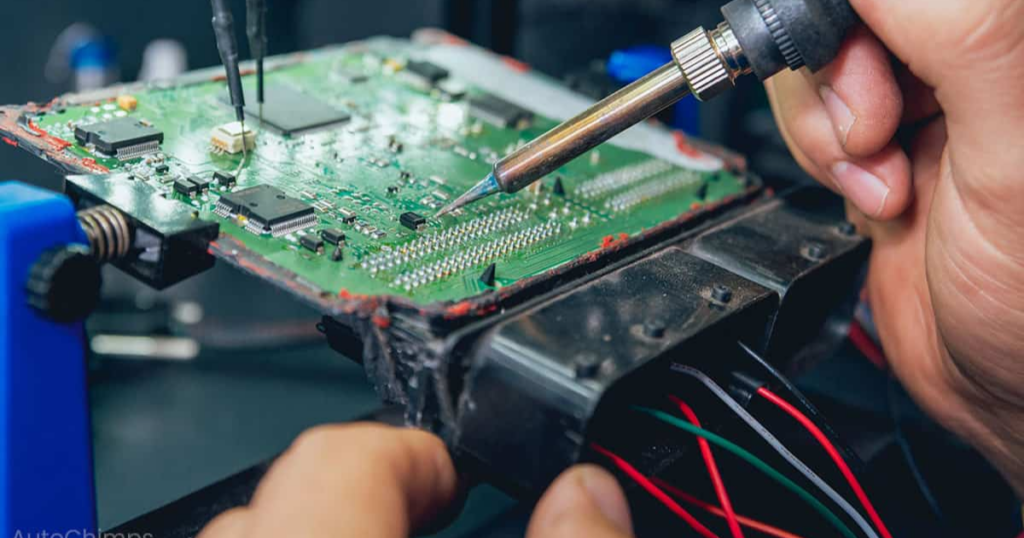
Modern cars rely heavily on electronic systems governed by the Engine Control Unit (ECU). If the ECU malfunctions, it can disrupt the engine’s operation. Use an OBD-II scanner to check for error codes, which can provide insights into electronic issues that might be hindering the starting process.
Fuel Quality
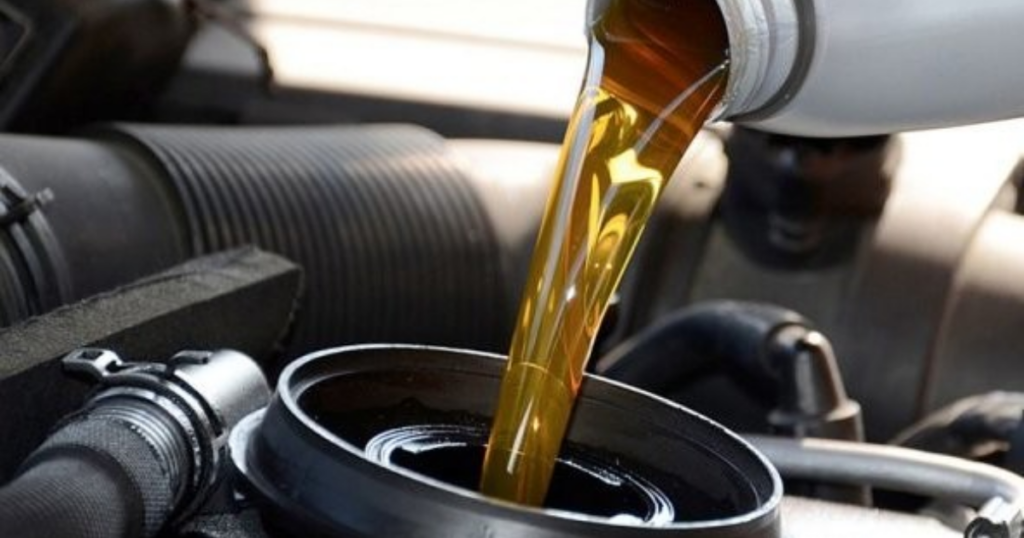
Sometimes, the fuel itself can be the culprit. Contaminated or old fuel can lead to starting issues. If your car has been sitting for an extended period, consider draining the old fuel and replacing it with fresh, high-quality fuel.
Security System
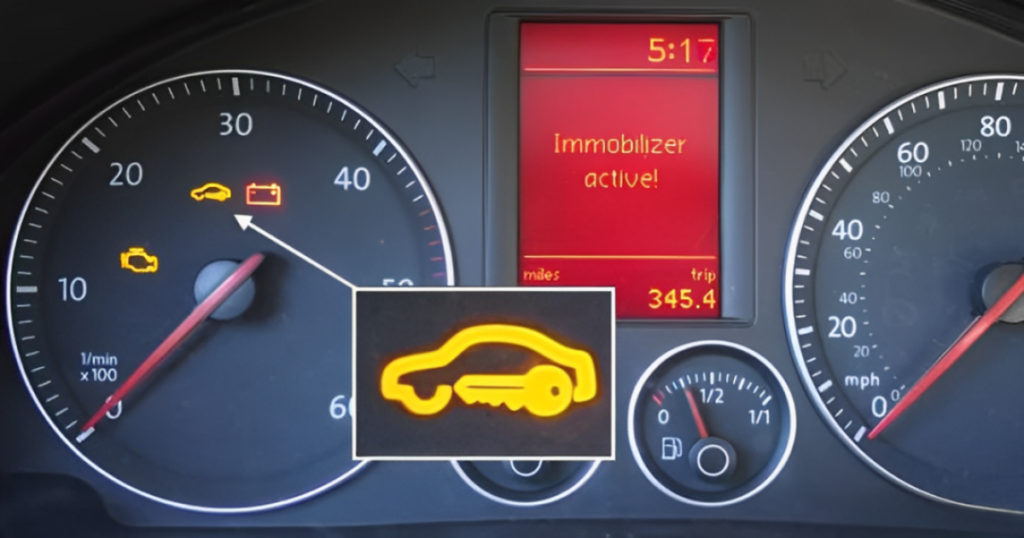
Some vehicles are equipped with immobilizer systems for security. If there’s an issue with the key fob, the ignition switch, or the immobilizer system itself, the car may not start. Consult your vehicle’s manual for instructions on troubleshooting or bypassing the security system, if necessary.
Environmental Elements
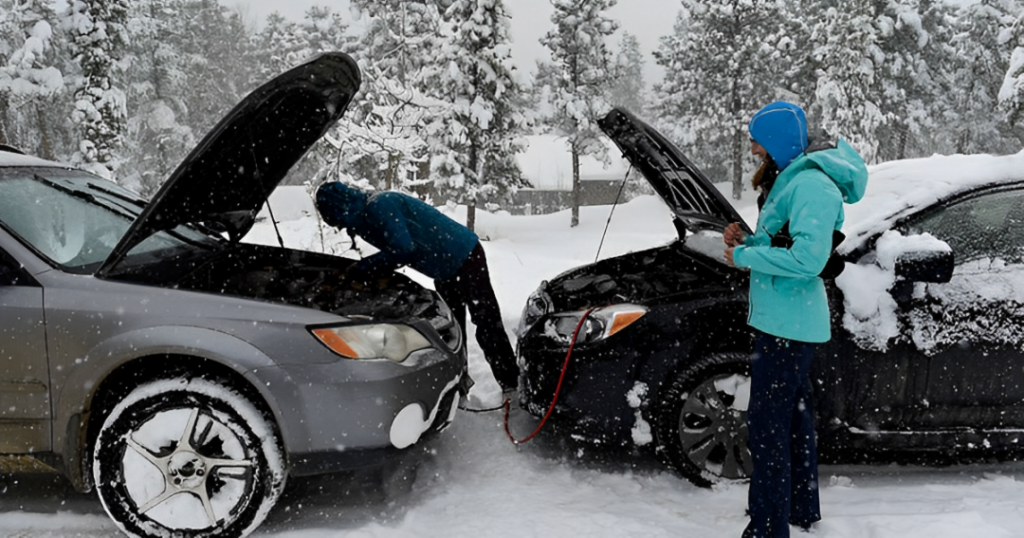
Extreme weather conditions can also impact the starting of a car. In cold weather, a weak battery may struggle to provide sufficient power, while hot weather can exacerbate fuel vaporization issues. Parking in a garage, using a battery charger, or adjusting fuel mixtures for seasonal changes can help mitigate these effects.
Conclusion
When your car refuses to start, it’s often a puzzle with multiple potential pieces. Understanding the basics of engine tuning allows you to methodically identify and solve the issues at hand. Regular maintenance, periodic checks, and addressing problems promptly contribute to a reliable and smoothly running engine. Whether it’s a simple battery replacement or a more complex ignition system repair, taking the time to diagnose and resolve engine tuning issues ensures that you’ll spend more time on the road and less time stranded in frustration.
